Note to readers: This post was written in December of 2011. PLEASE do not ask me why I eat ‘this’ or why I don’t eat ‘that’ — as what is shown here does not necessarily reflect what or how I eat today (or more importantly, how you should eat). My diet evolves constantly, due to my constant tweaking and self-experimentation. Over time, I’ll share it here and there, but what I eat is not at all the focus of this blog. I ask that you refrains for pursuing questions about what I eat in the comment section.
Once people start to “get it” with respect to why carbohydrate reduction, or all-out restriction, leads to good things, the inevitable question I’m asked is, “So….what exactly do you eat?” I’m always a bit hesitant to get into this. It’s sort of like asking a pilot, “So…how do you fly this plane?” It’s a great question, but probably the wrong first question.
For many people it’s so overwhelming to contrast what they currently eat – probably a typical American diet of 500-600 daily grams of carbohydrates (200 grams of which are sugar) – with a diet of less than 50 daily grams of carbohydrate, which is what I consume. Remember, what I’m showing you here is what I have been eating for about the last 7 months. For the first 20 months of my nutritional transformation, I was gradually reducing carbohydrate intake from about 600 daily grams to 300 daily grams to 150 daily grams.
It’s really important to understand that carbohydrate reduction is a continuum. There is no “right” amount of carbohydrate to eat. Let me illustrate this with the following “2 by 2” matrix, below (sorry, once a consultant, always a consultant). When asking the question, “How much should I reduce my intake of carbohydrates?” it’s a good idea to start with two broader questions:
- What is my inherent level of insulin resistance?
- What are my goals?
There are technical ways to quantify the answer to the first question, which I will detail in future posts. However, the simple version of determining your inherent amount of insulin resistance is checking how many criteria of metabolic syndrome are present. In other words, are you overweight? Is your waist large? Is your blood pressure high? Do you have elevated blood glucose or triglycerides (these are determined from a standard blood test)? Do you have low HDL cholesterol? For the purpose of this question, even responding “yes” to one of these questions means you are predisposed to being insulin resistant. I was a “yes” to 3 of these questions.
Consider this matrix, and let’s use me as an example.
- How predisposed am I to insulin resistance? One look at a picture of me in my non-lean state, coupled with an understanding of my family history, and it’s clear I didn’t hit the genetic lottery with respect to insulin resistance. Hence, I am towards the right of graph.
- What am I optimizing for? Some folks want to lose 15 pounds. Others want to have fewer swings in daily energy level, or stop taking their blood pressure medicine. In my case, I want to maximize as many variables as possible: I want to be as lean as I can; I want to cure my insulin resistance; I want to be sure I never have a single symptom of metabolic syndrome; I want to do everything I can to avoid cancer and Alzheimer’s disease; I want to be metabolically flexible. Hence, I am towards the top of the graph.
As you can see, based on my poor genes and lofty goals, I find myself in the upper right square, which means I need to adopt the greatest amount of carbohydrate restriction. My wife, in contrast, has good genes, coupled with high goals, placing her in the upper left box. As a result of this combination, she does not need to restrict carbs as much as I do. If her goals were even more modest, she could get away with very little reduction in carbohydrates – probably just reducing sugar without much reduction in starch.
Below is a picture of a few of the foods you’ll typically find in my refrigerator. Note that on average I consume about 4,000 to 4,500 calories per day. I get this from approximately 400-425 grams of fat, 120-140 grams of protein, and 30-50 grams of carbs. In addition, there are a number of supplements I consume daily, which I describe in the table below. In future blog posts I will go into greater detail as to why I consume each of these supplements, but for now I’ll give a very quick explanation.
Finally, note that under no circumstance do I ever count calories (for the sake of limiting them). When I was first transitioning into ketosis I did need to count how much carbohydrate and protein I was consuming – anything over about 50 grams of carbs and 150 grams of protein makes it difficult to generate sufficient ketones – but I do not ever count calories for the sake of restricting them. I eat when I’m hungry. I don’t eat when I’m not hungry.
Regular supplements I consume every day
*I will be writing a great deal about the role of omega-6 and omega-3 fatty acids in our diet in subsequent posts. However, if you want a quick (albeit high-level and not overly nuanced) overview of the topic, take a look at what Dr. Andrew Weil and Livestrong have to say about it.
One last point on supplements – I do not take a multivitamin at this time, but I am looking into it a bit more closely. My concern is that 1) they may not be necessary when you remove glucose from your diet (I’ll write about why in the future), and 2) they may actually do direct harm, as a result of contaminants.
Ok, at long last, here is a list of what I ate over the past 5 days (excluding water, still and sparkling, which I consume about a gallon of each day)
Wednesday
Breakfast: “Fat shake” (In a blender: 8 oz heavy whipping cream, 8 oz sugar-free almond milk; 25 gm sugar-free hydrolyzed whey protein, 2-3 frozen strawberries)
Lunch: About 4 or 5 oz of assorted cheese (Gouda, Swiss, Manchego), 2 or 3 oz olives, about 4 oz of particularly fat salami and pepperoni
Late afternoon: About 2 oz of mixed nuts (almonds, walnuts, peanuts), large latte (latte made with heavy fat cream instead of milk) at Peet’s
Dinner: Garden salad with olive oil (lots of extra oil) and balsamic vinegar dressing, about 6 oz grilled salmon with a lot of butter and lemon juice
Thursday
Breakfast: Scrambled eggs (6 yolks, 3 whites**, with added heavy fat cream) cooked in coconut oil, 3 or 4 sausage patties (be sure to look for brands not cured in sugar).
Coffee with homemade whip cream (heavy fat cream hand whipped)
Lunch: Half chicken (thigh, breast, wings) with lots of skin; about 2 oz of Gouda and aged-cheddar
Dinner: Wedge blue cheese salad with bacon; 12 oz prime rib with lots of butter; 5 or 6 pieces of asparagus coated in butter
Coffee with half and half cream, 2 cups (the restaurant did not have heavy cream, so I had to settle for half-and-half)
**The reason I typically minimize egg whites, at least when making my own eggs, is to ensure I keep protein intake under about 125 grams per day. Ketosis is pretty easy to attain if one is eating, say, 2500 calories per day. However, given my caloric demands – and the requirement that I keep protein intake limited – I really need to go out of my way to ensure I’m not eating too much protein. I will be writing about this in much greater detail in a future post.
Friday
Breakfast: Whole fat latte at Starbucks (made same as above), scrambled eggs (about 4 eggs), bacon (high fat pieces), slice of Swiss and slice of cheddar (since I was eating in the airport, the scrambled eggs were made “normally,” not with the additional fat I use when making my own)
Lunch: About 4 oz of especially fat salami and pepperoni, about 2 oz Parmesan cheese
Dinner: Ground beef sautéed with heavy cream, onions, broccoli, and melted cheese
2 large cups of decaf coffee with homemade whip cream (heavy cream whipped with a touch of xylitol)
Saturday
Breakfast: Scrambled eggs (6 yolks, 3 whites, with added heavy fat cream) cooked in coconut oil, 3 or 4 pieces of especially fat bacon (not cured in sugar), about 3 oz of cream cheese
2 cups of coffee with heavy cream
Lunch: Tomatoes with basil and mozzarella and balsamic vinegar and olive oil, about 2 oz raspberries with homemade whip cream
Dinner: Leftover ground beef sautéed from previous night, salad with homemade cream dressing (whole fat Greek yogurt, olive oil, basil, blue cheese, garlic)
1 cup of decaf coffee with homemade whip cream
Sunday
Breakfast: Omelet (6 yolks, 3 whites, coconut milk, sautéed onions) cooked in coconut oil, 4 or 5 pieces of the fattest bacon I can find
2 cups of coffee with heavy cream
Lunch: Plate of assorted cheeses (aged Gouda, Swiss loaf, aged Parmesan – about 3 oz), about 2 oz salami, about 1 oz olives
Dinner: Cream of mushroom bacon soup (heavy cream, chicken broth, shredded Parmesan cheese, mushrooms, chopped bacon, garlic, butter, chopped papers, various spices), leg of lamb (baked in sauce made of red wine, balsamic vinegar, diced tomatoes, garlic, and a lot of spices)
2 cups decaf coffee with homemade whip cream (as above)
So there you have it — 5 days in the eating life of Peter Attia. This may look a bit strange, relative to what you may be eating now, but remember, I’m at the far end of the spectrum – i.e., nutritional ketosis. You may just be starting your own journey of reducing carbohydrates, but I hope this gives you an idea of what I eat. In particular, what probably stands out is:
- I go to great lengths to avoid sugar which, unfortunately, shows up in virtually every highly processed food.
- I eat zero starch (e.g., bread, cereal, rice, crackers, pasta).
- I consume only modest amounts of fruit (one serving per day, at most, and only in the form of berries, which contain the least amount of fructose).
- I eat vegetables, but primarily because they are a great way to get more fat (e.g., high-fat salad dressings, butter), not because I “need” them.
- I go out of my way to eat as much fat as possible, especially monounsaturated and saturated fat (the only fat I avoid is omega-6 polyunsaturated fat).
- I have a few “go to” meals that I eat several times per week. I do this because I really like them and it’s quick and easy make them. Yours need not be the same!
Photo by Glen Carrie on Unsplash

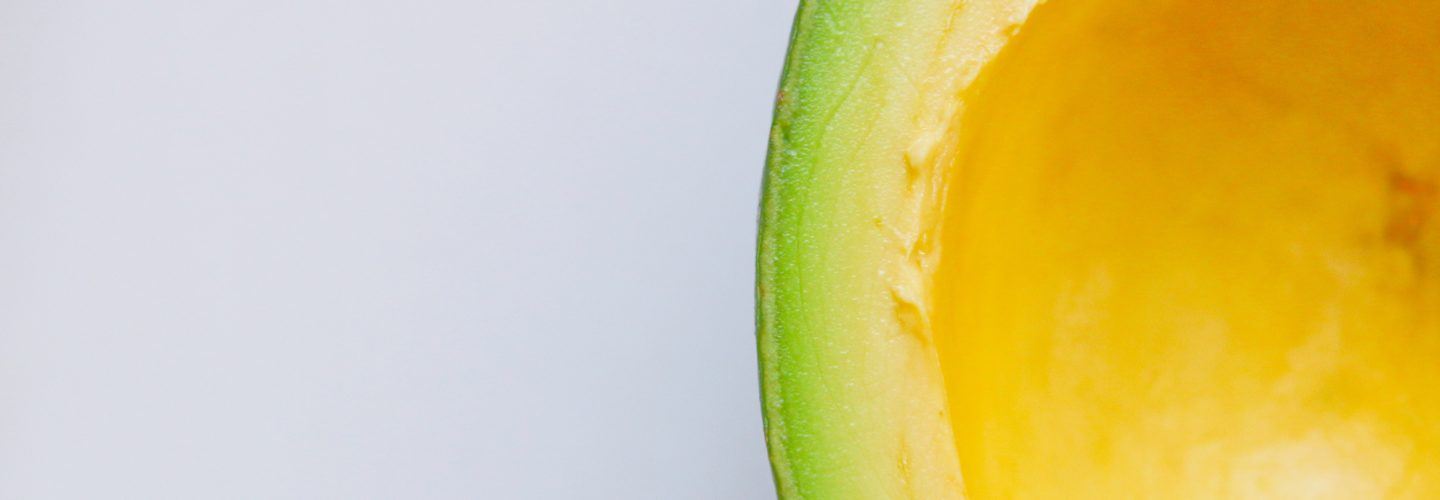
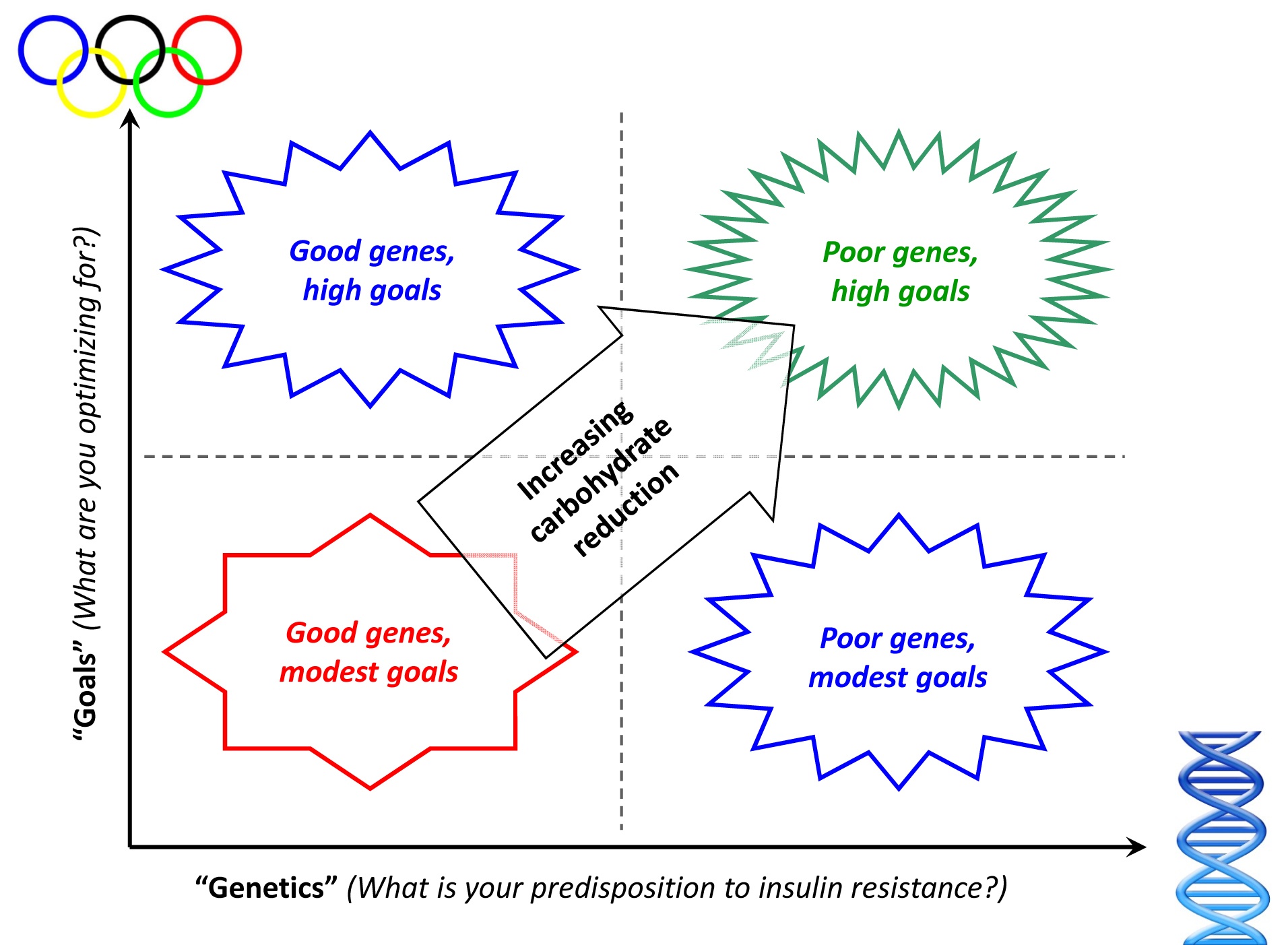

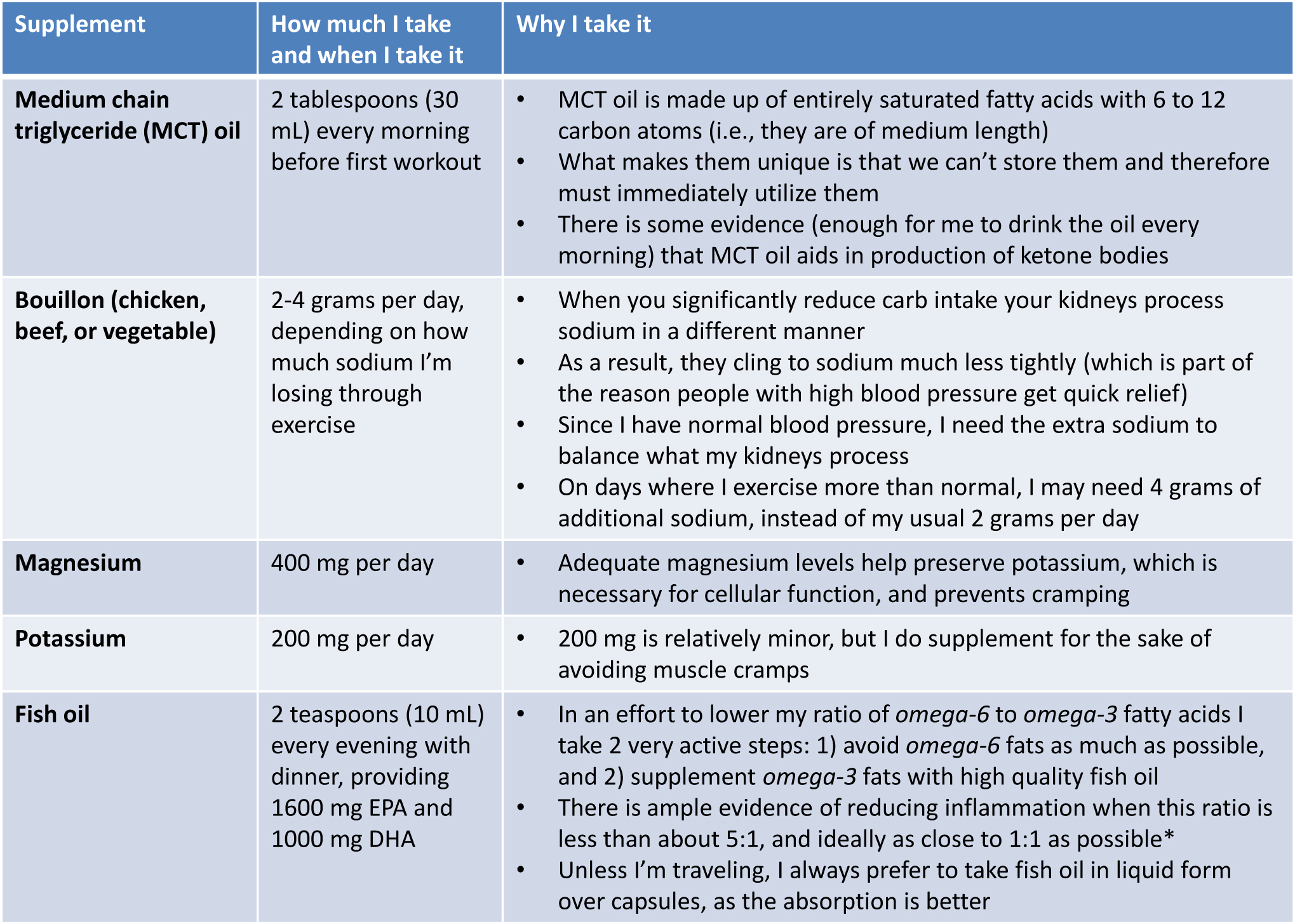

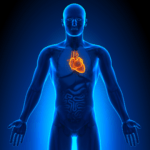
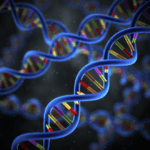
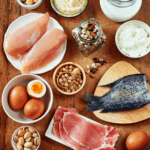
Hi Peter
Regarding your 4500 calories intake per day, what’s your thought on calories restriction studies being beneficial like in Okinawa for example?
How do we (you) know if it’s the total calories restricted for something else being restricted?
Thank you Karen. I am up 5lbs from my highest weight ever. I started out at 125lbs and I’m devastated to be at 130lbs today after 1-month of strict keto and my sticks are deep purple. I have been eating about 1900 cals – 20-40 carbs/ 80-110g protein/130-160g fat. I will try and decrease my cals and add exercise. It is way more than I normally eat – higher cals for fat cals. I only ate once today because I’m so horrified – salmon, avocado, coffee with 2tbsp heavy cream/ 1 splenda. Thank you for sharing your experience.
I have been reading your site a lot lately. I am definitely looking to make a change in my life. Getting started on the keto-lifestyle diet is a bit torturous in the beginning. I am an obese man. I have recently just started exercising and dieting again after an unfortunate event in my life 8 years ago. I am a former physique competitor-turned morbidly obese guy. I grew up as a successful student/athlete and was a NCAA Div.-I swimmer (seems like a past life, LOL).
Fortunately, my mindset is still very strong/assertive. I still believe that I can do anything. I feel that LCHF diet fits my lifestyle better. My understanding is that excess protein consumption can be converted to glucose which slows down ketosis. How would this work with a physique competitor?
I am 6’0 tall and 383lbs. Quite possibly 50% BF, too. I would like to step onstage sometime at the end of 2014. Theoretically, if one could exercise 3-4 hours a day, at 60-70% MHR…how would a physique competitor train and diet? (I don’t believe in the 45-60 weight training & 30 min cardio sessions. I am a firm believer in hi-frequency, hi- volume, hi-intensity weight training and 60 min of cardio.)
With such little amounts of protein- will it be used to repair & rebuild muscle? In the bodybuilding world, we are instructed to have a protein intake between 1.2-2.0g/lb. of body weight. Will I not only maintain my LBM but can I increase my LBM, too?
With such high amounts of fat being ingested, will the ketones produced give me enough energy to perform my workouts and strip off bodyfat?
I don’t necessarily understand how use the keto-calculator to my advantage in my situation?
Thank you for listening to my rant.
LaRaZZi
Hi Peter,
Out of sheer curiosity, how do your LDL, HDL and TG look like now after around two years in ketosis? If you don’t mind sharing them of course.
Best regards,
Hemming
Last check, LDL-P was about 850 or 900 nmol/L (with concordant LDL-C of about 80 mg/dL). HDL-C was about 60 mg/dL and TG was 22 mg/dL. I re-test every few months.
You rock. i especially appreciate the calorie chart for keto/low carb and the effects of the diet on various levels of performance.
Ok, read the whole blog-still a nagging question.
I’ve been keto for 46 days.
I burn over 1000 calories a day in my profession as a trainer/teacher and my body really wants a 70/25 percentage by calorie of fats/protein. I am positive (always trace) on ketostik and positive on blood ketone meter (just got it-tested once-.8). So i tend to get around 150 grams protein a day and the rest fat, 17 or so carb grams (mainly veggies and cheese) and weigh 121.
For keto reasons and for health reasons do i reduce protein or see the additional protein as needed for intense exercisers?
Leslie, these issues are addressed in the posts and comments about ketosis (5 posts in total, plus their respective comments).
Hi Peter,
Intresting topic, I just started reading this and will probably give this a shot. One question for which I didn’t find any reference on your blogs is the effect of your diet on your dental health. One would guess that moving away from a processed food diet would naturally lead to healthy gums and teeth but is that would you have experienced ?
Thanks,
Amit
Interesting question. I haven’t really noticed an effect, though you may want to check out Weston Price who wrote about this extensively.
Hello Peter,
I just watched your recent and wonderful testimonial on TED talk. Thank you!
I have a question: I have been brought to believe that we are genetically adapted to the environment we evolved in for the past hundreds of thousands of years of our evolution. This would imply that we are very well adapted to meat, vegetables and fruits, but very little to animal milk and grains, which were only introduced in the past 10,000 years at the most. I also read so many bad reviews on milk and milk by products consumption that I am having a problem with the rationality of your diet on this point. Did you research milk and milk by products as much as grains (carbohydrates) to get to this diet?
I am totally opened to changing my views on this subject…
Thank you!
A great question, and worthy of a long response, which I can’t really give. Short answer, is it appears highly variable by individual. Some cannot tolerate these products at all; while other can. It’s probably not as ‘cut and dry’ as exactly what we ate previously.
This diet looks absolutely wonderful aside from the shake and the quantities! 🙂 I am glad I clicked on you on TED and came to this site. Looking forward to re-learning, learning and confirming.
Hi Peter,
I just discovered your blog through your TED talk video. I too have historically experienced great success by limiting carbs, but found the cravings too hard to overcome in the long term. But for today I’d like you to address one thing that stands out for me:
Your caloric needs are driven by your sports training needs, and as you say your individual balance of fats, carbs and proteins were arrived at by experimentation. Maybe a person could adopt your ‘What Do I Eat’ diet selections and lose weight. Maybe not. I’d make the sweeping generalization that people aren’t very good at self-experimentation if for no other reason they don’t understand a ‘non-linear result.’ If you do one thing and it results in something good, bingo – you make a direct causall link. If you do a dozen things and something unexpected results – utter confusion, what did I do wrong, how to I adjust.
So how does a person perform the self-experimentation to determine both caloric needs and fat-carb-protein ratios in a systematic way to maximize the chance of success? Because I’d say most people won’t tolerate, say, a 12-week experiment. They want solid, reliable results or they will give up.
I don’t really know. I know 12 weeks sounds like a long time, but if live, say, 80 years, it’s about a quarter of 1 percent of our life. I guess I think it’s worth spending that time to figure it out.
I’ve tried to embrace the low-carb lifestyle for five years now, and it’s proving nearly impossible, as I have bad allergies to nuts and seeds. So one very handy food group is off limits to me. I’d love to hear advice to how to go around it.
I have a question about the MCT oils. When you says it aids ketone product, are you really saying it encourages fat loss?
No, it gets preferentially turned into B-OHB.
I have had diabetes now for 12 years and its toll on my body is progressing quickly.
I am taking a “good cocktail’ of oral medications to treat diabetes, diabetic neuropathy, high cholesterol, anemia, and Vitamin D deficiency. When a new symptom arises, I am given a new drug. I am losing my will to fight for an alternative treatment. I know that there is no cure for diabetes, I feel like I’m dying.
Please help me. I am only 40 years old and I still have three kids at home.
Tina, I’m sorry to hear about your pain. I hope there is some material here to help. If you read one book, make it the book by Richard Bernstein: https://www.amazon.com/Dr-Bernsteins-Diabetes-Solution-Achieving/dp/0316182699/ref=sr_1_1?ie=UTF8&qid=1372367431&sr=8-1&keywords=richard+bernstein
I am going back to old school where eggs and bacon were bad to eat on a daily basis. I am a diabetic type 2 with CAD. I was told by my cardio doctor to follow your advice to help me reduce sugar levels and lower my carb intake. I already have 7 stents and hope to change my life style and lower my weight. My question is will I able to not depend on all the drugs that I take to be drug free in time?
I don’t know, George.
I recently watched your TED talk and have now been on your blog for hours! Thank you for all of the information!
I am an endurance athlete. I followed a raw vegan diet for well over 2 years. I am so over that ! I am now transitioning back into paleo. My question is, can I follow a ketosis diet with hypothyroidism or will this exacerbate my issue? I am sure all my bodybuilding days with major calorie restriction has wreaked havoc on my metabolism. I am trying to heal my endocrine system and work on athletic performance, as well as trying to lean out, of course. Is this possible?
~Kristie
I can’t really say if it is. Would need to know a lot more, but I’d be surprised if it wasn’t fixable.
Peter,
Three questions: 1) Is there a reason you do not include more low carb veggies into your diet? What would be wrong with including a large assortment of veggies if you are keeping your total carbs low? 2) It seems like your diet is very acidic, do you not worry about your ph? Can’t you become mineral deficient by being in an acidic state (calcium loss for example)? 3) Lasly, I am a former competitive cyclist (unsigned pro) looking to get back into it. I have been following a low carb diet and lost about 15lbs in the last 3 weeks and felt great and riding about 1.5 hrs a day at a moderate pace. I am looking to drop another 20lbs of fat. Currently I am 6ft 194 (after losing my 15). Should I focus on losing all of my fat first, or is it possible to burn maximum fat while seriously training (bumping up riding to 15+ hrs a week)? At what hr/vo2 do you lose the ability to burn fat?
Thanks!
Nick, this post is super old! My diet looks little like this today. Your other questions are addressed in recent talk I gave at IHMC.
I’ve been told that too much protein is bad for the kidneys. Is this true?
Your diet looks delish but counter intuitive and reminiscent of the Atkins Diet.
So far I’ve just been speed-reading; need to study more.
Thanks.
Hi Peter, I watched your video on insulin resistance and obesity. I have been diabetic type 2 for about 8 years and have never in my life had such difficulty losing weight. I take a highly concentrated insulin due to my insulin resistance. I feel I am stuck in a limbo that I cannot change. I noticed you followed a diet high in particular types of fat and low in carbohydrates. I find it so hard to stay on a low carb diet. After a few days my body seems to go into some sort of catestrophic state until I give in and have the carbohydrates I crave. Do you have any advice for me? I used to be beautiful but an unsightly protruding stomach has emerged since I have been on this roller coaster. I appreciate anything you can tell me. Thank you very much. Denise
Denise, for many (including me), the change is hard, especially if your body is very adapted to and dependent on glycolysis (using carbs for all energy needs). Try starting with something small…avoid all sugar, for example?
Congrats on your talk at TED. Thankyou for your committment to health and all the info here on your blog. Just imagine all the paper in the shredders when course notes of every medical and nutrition course world wide need to be re written! It will happen because of people like you, like us who refuse to roll over. Thank you.
Nicole, that’s a funny image! I don’t know how or when, but I do believe future generations will have much better info to help patients, and the medical curriculum will reflect this.
Love the TED Talk, and your story sounds so similar to my own. Been struggling with my weight for a long time, but doing plenty of exercise and avoiding all the bad food.
Today I had a salad for lunch, no more sandwiches for me. That is my first change. I will start reading the rest of your site now, looks like a great deal of excellent information here, I will probably be writing about this soon. If you have time for a short interview, let me know! Cheers, Jon.
I’ve read through a fair number of your articles, and have been pretty happy to find that some of your points correlate well with a few studies coming out of nih.gov. I haven’t talked to my doctor yet, but would like to “shift” what I’m eating now, and try a more ketogenic-like diet.
However, my background is computers, not medicine/biology/chemistry/etc. I couldn’t tell you if I’m lacking something, and if I was, what to recognize that, then what to do about it. I’d like to try a ketogenic-like diet, but don’t want to do so without periodically analyzing where I stand to ensure I’m not causing harm to myself; plus I’m skeptical about most things by nature.
1. Do you have suggestions on techniques or things I can do to check myself? Or am I really limited to finding a doctor that I can go to have my blood taken regularly?
2. How do you go about measuring the food you eat short of putting everything on a scale to know how many grams you’re ingesting? E.g. are there any rules of thumb you’ve found?